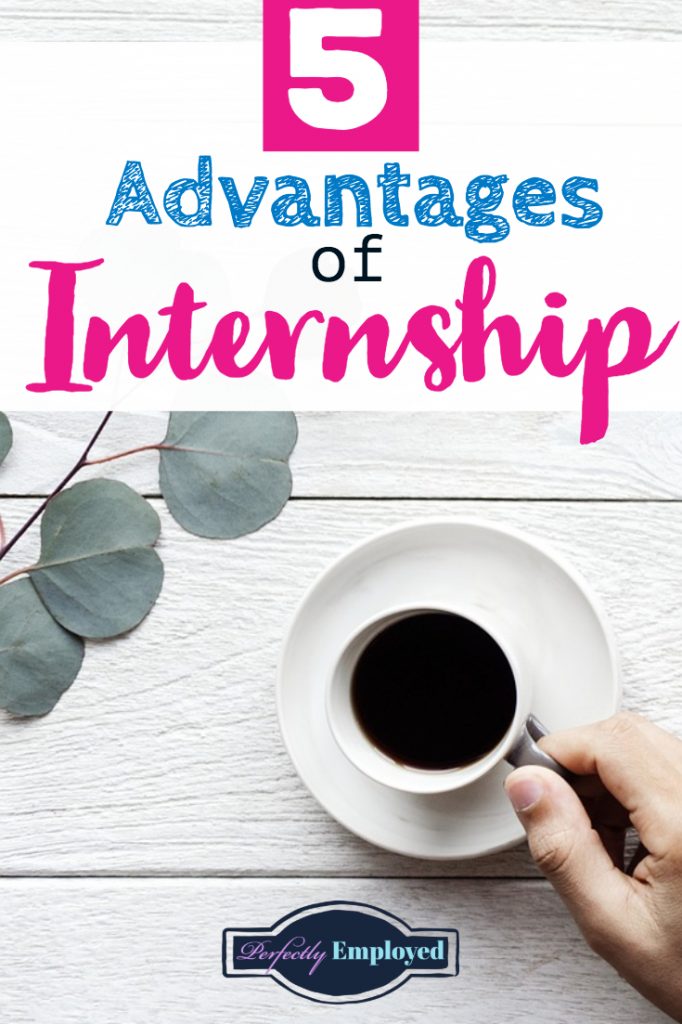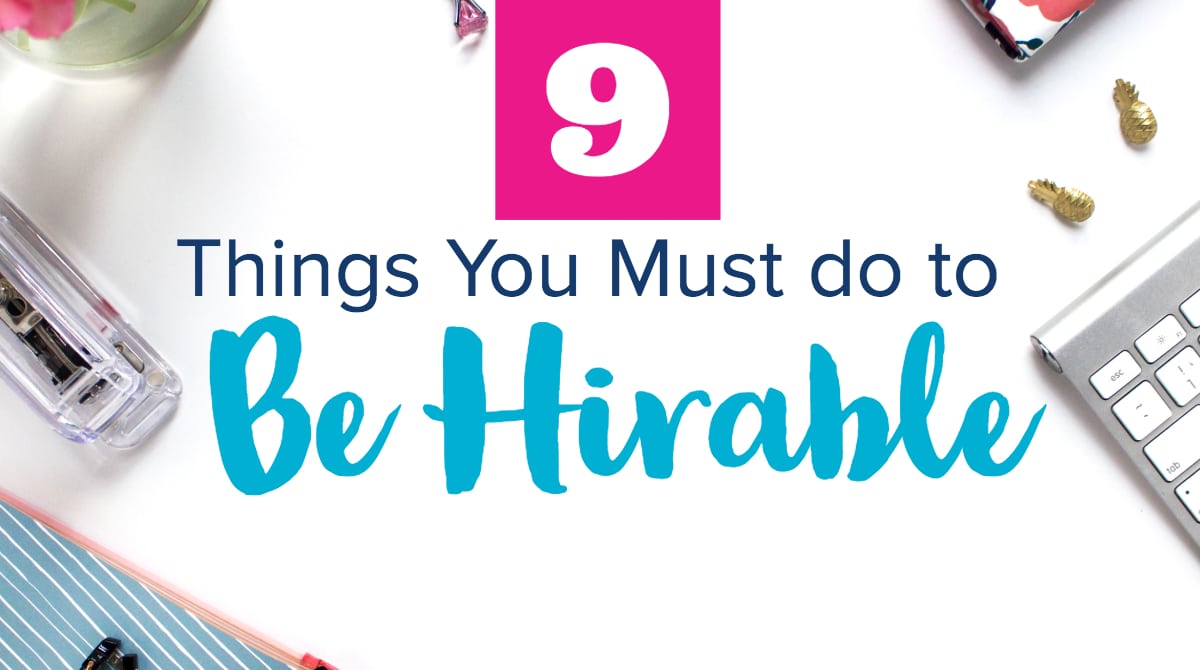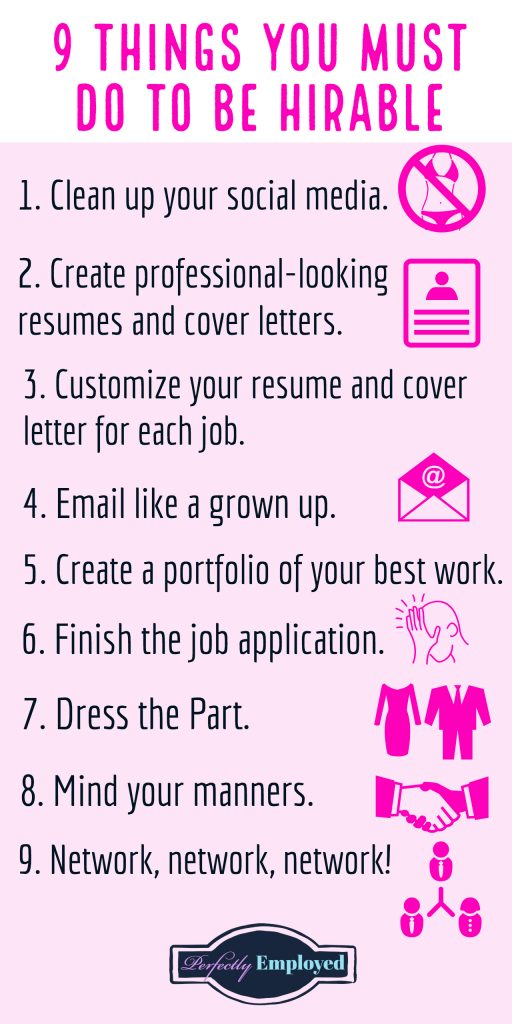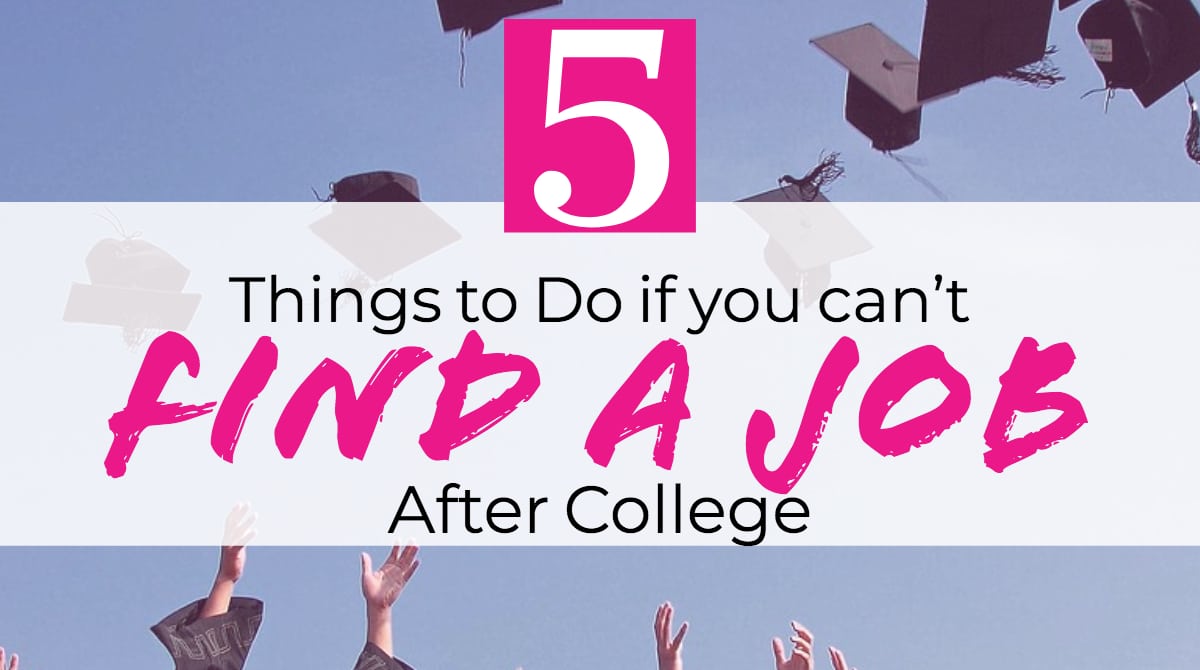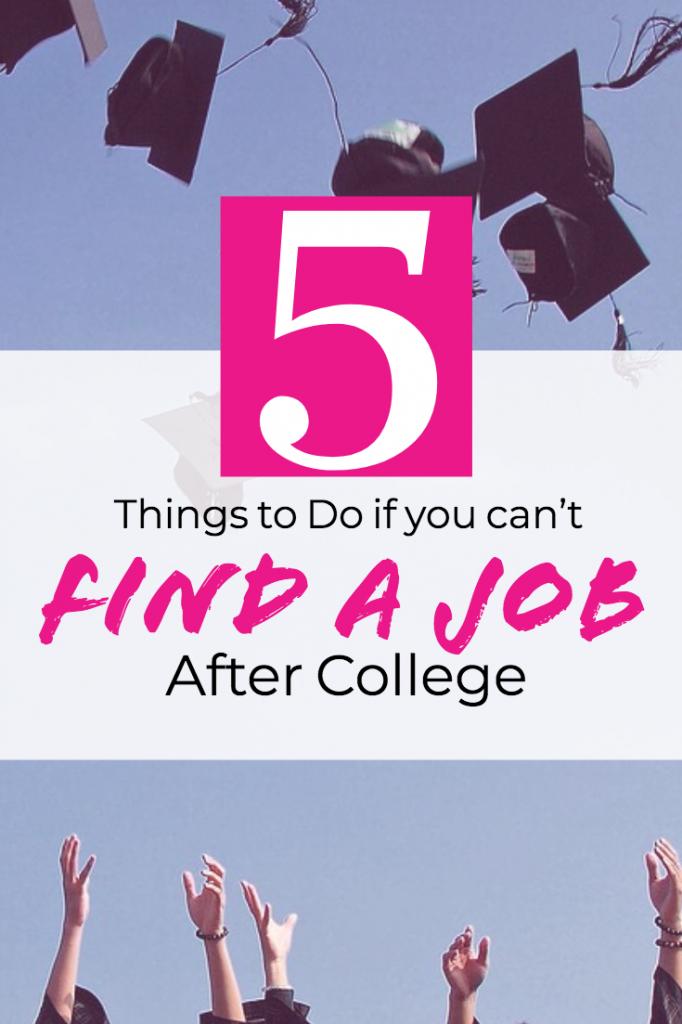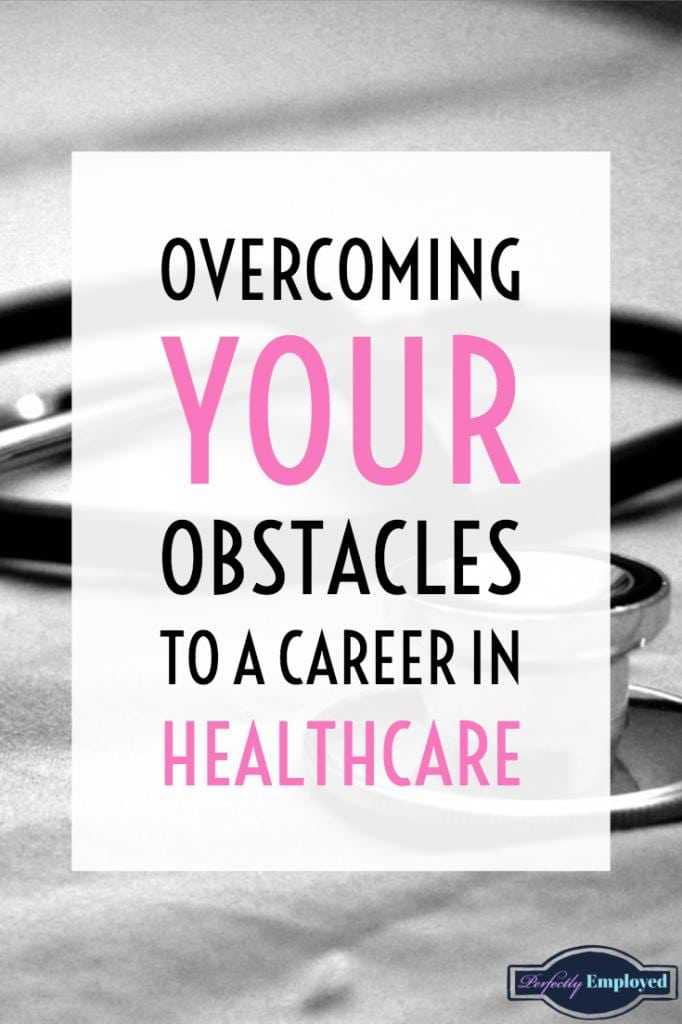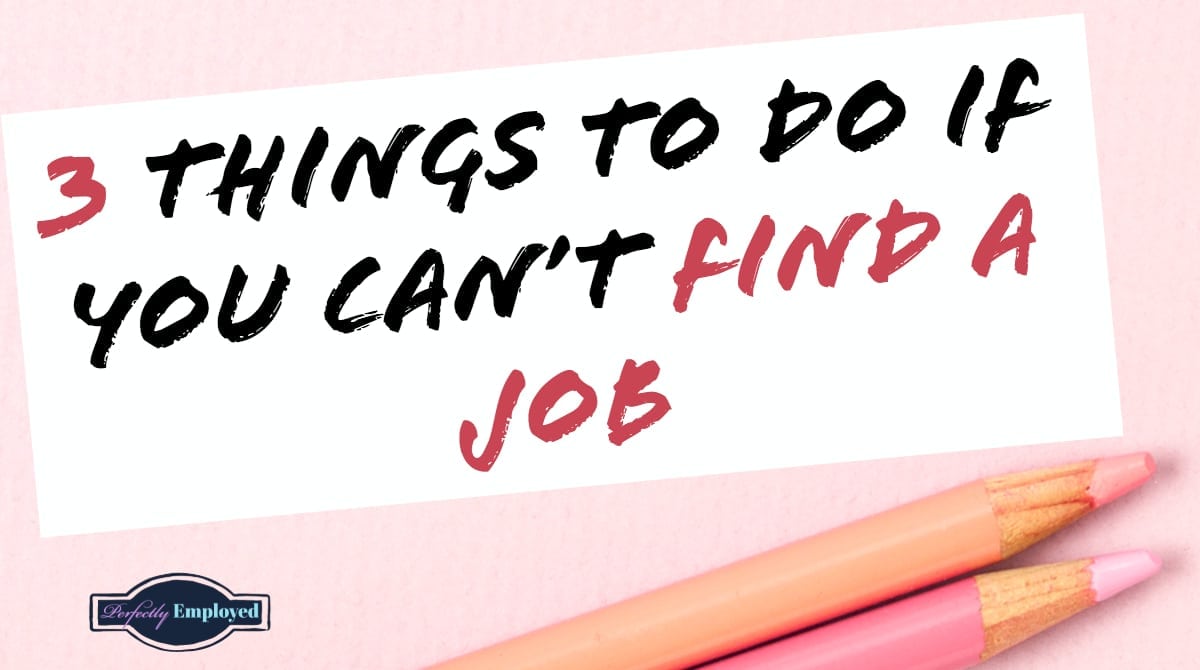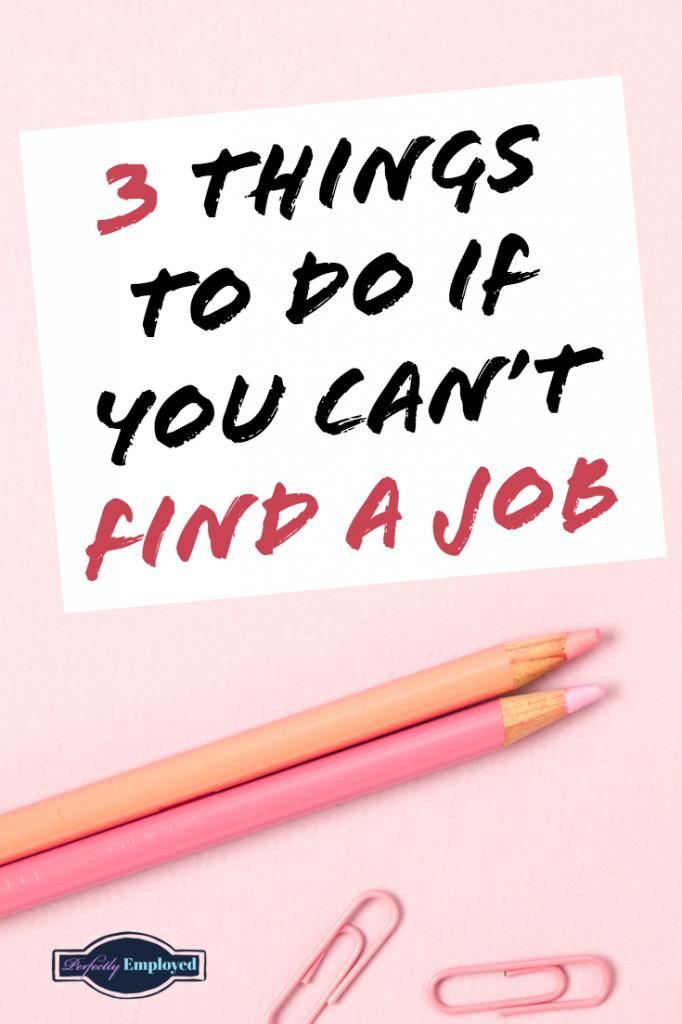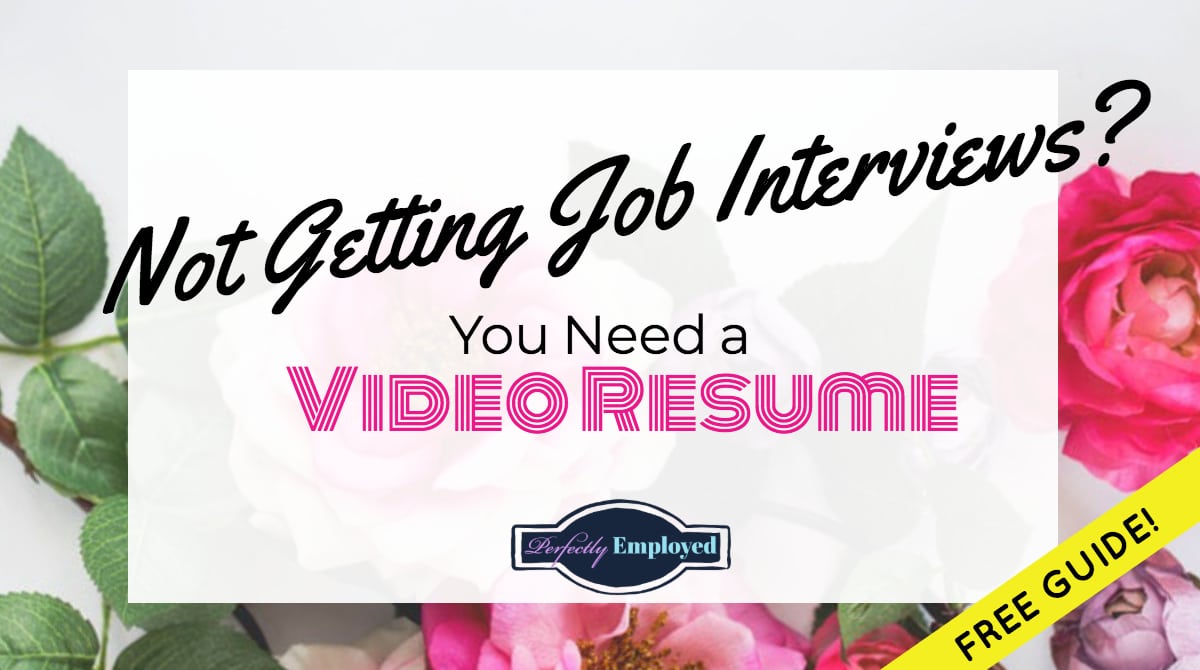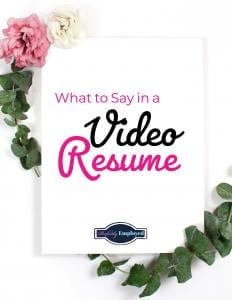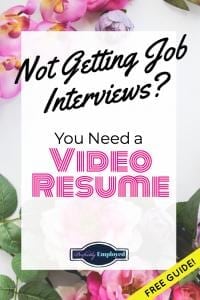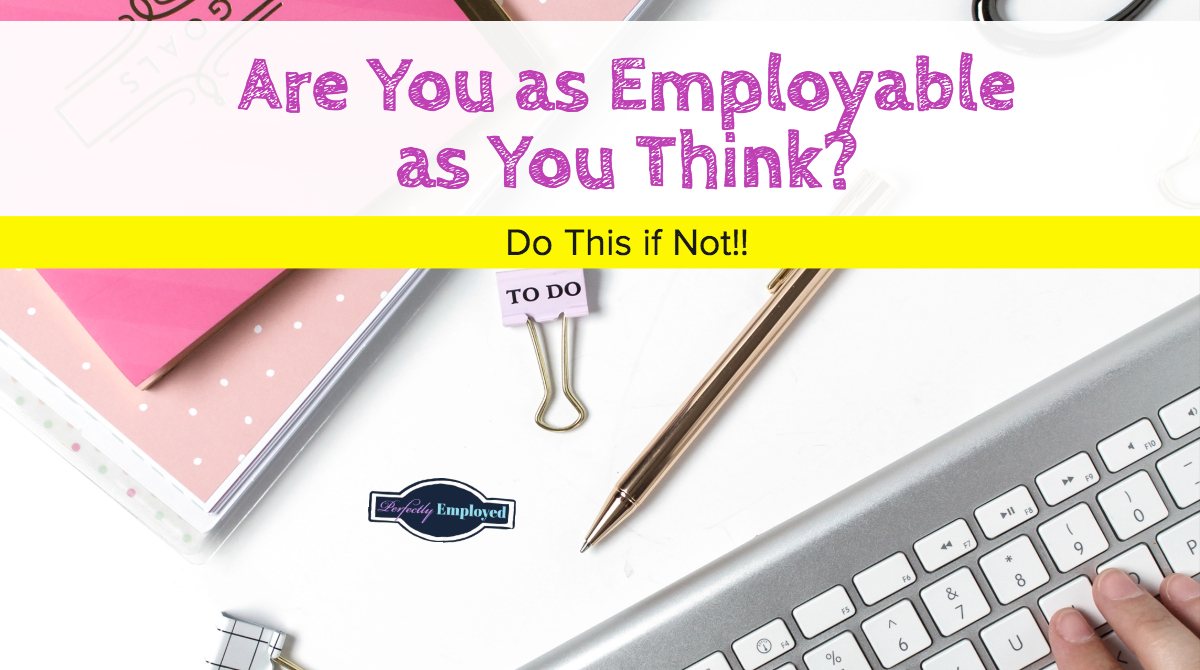
So, you’ve got your degree and qualifications from college and your resume and references show that you have always worked hard throughout school. Now all you need to do is to start applying for jobs and you’ll soon have bagged your ideal career, right? Well, unfortunately, these days it isn’t quite as easy as that.
Ever since the big financial crisis of 2007, the job market has been extremely competitive. The job market hasn’t fully recovered just yet and, as a result, there are fewer jobs than there are applicants in most industries. That means that you will be going up a lot of competition when you do find a job that you want to apply for. And, trust me, some of that competition is going to be very tough. So, you need to make sure that you are extremely employable and that your resume stands out from all the rest. Unfortunately, in this day and age, that means having more than just the suitable qualifications.
This leaves most job hunters wondering what they need to do in order to make themselves even more employable than what they currently are. If you are in this situation, then you should read through this blog post. I’ll let you know what makes you super employable to most employers out there.
Employers Want Well-Rounded Individuals
These days employers want to see more than just your qualifications. They want to make sure that you are a well-rounded individual and have a few different strings to your bow, so to speak. So, it’s worth mentioning more than just qualifications and work experience on your resume. You should also include your hobbies and any clubs or groups that you are a member of. As well as that, it’s also worth mentioning any organizations or charities that you have previously volunteered for. Be sure to mention anything that will help to show off your character as a whole in a positive light.
You Need Transferable Skills
One of the big mistakes that many job hunters make is that they only mention the skills that are directly relevant to the job that they are applying for on their resume. Sure, employers want to know all of these but they also want to see that you have some transferable skills as well. These are more general skills that can be used in a wide variety of jobs. They are ones like good communication and people skills, as well as IT know-how and numeracy knowledge. It’s important to have plenty of these as they help you be an adaptable individual. No matter what tasks or jobs need carrying out, your employer can be happy knowing that you will be able to adapt to them even if they aren’t part of your usual daily schedule.
Get Plenty Of Work Experience
As well as plenty of education experience and solid qualifications, you need to have done some work experience in the field that you are applying. Even though this doesn’t need to be experienced in the exact same job that you are applying for, it should be in the relevant industry or sector. This shows that you are dedicated to finding a career in this area. Not only that, though, but it also indicates that you will already have a good idea of what working in that industry will be like. Depending on how hands-on your work experience was, you might have even been able to develop some skills that can help you in your new job. So, if you haven’t already done some related work experience, it is very much worth trying to carry some out before you start applying for a new job.
Boost Your IT Skills
These days, we all need to have a good set of IT and tech skills, no matter what our job is. Even if you work in a cafe or as a carer, there is a good chance that you will need to use a computer or other device as part of the work at some point or another in your working day. So, if you don’t already know the basics of using a computer and tablet devices, it’s worth brushing up your skills as soon as possible. If you know that the job which you are applying for will be quite hands-on when it comes to IT and tech, then it’s worth going one step further to improve your skills. Studying for a master of science in operations management or a similar computer course will vastly improve your knowledge of all things tech. And taking part in a computer course in your spare time will show any potential new employers that you aren’t one to shy away from new developments in tech.
Communication Is Important
How you communicate with any potential new employers during the application process is also very important. The recruiters who judge your application will be watching exactly how you communicate and using this to judge your communication skills. So, make sure that you are always professional when you are dealing with anyone who is linked to the new job. It will also really pay off to double check all your written communication to ensure that there are no spelling or grammar errors whatsoever. Using a writing tool like Grammarly can help you with that, or you might want to get a friend or relative to read everything over.
Fill In Any Resume Gaps
There might be understandable reasons why you have had some periods not working. It’s important that you explain these on the resume so that the recruiters understand why you took an extended time out of work. One of the most common reasons for women is that they took time off work to look after a new baby. Or perhaps you had to deal with a long-term health condition and needed to take time off work to recover. Ensure that all resume gaps are explained or else recruiters may not take your application seriously.
And Take Irrelevant Experience Off Your Resume
It’s always best to write out your resume and cover letter for each individual job that you apply for. This gives you the chance to ensure that both of them are tailored to the job. You should ideally remove any work experience or skills that aren’t relevant to the job you are applying for, otherwise they could look very out of place. It’s also not worth mentioning any irrelevant skills in your cover letter. So, before you do submit a resume and cover letter, make sure that you have another read through them again to ensure that the content is completely relevant and refers to the job advert and candidate specification.
Related Posts
- Ditch Your Resume’s Objective
- 9 Reasons I’m not Hiring You
- What to Do if You Can’t Find a Job
- The Best Skills to Add to Your List
- Career Fitter Review
Don’t Be Overly Keen
Looking for a job and then applying can be a very long process. There’s no wonder that we all get so frustrated when we receive yet another rejection! After applying and being rejected for a few jobs, quite a few people start to feel the rejection set in. When this does happen, you might think that it’s best to show that you are super keen. However, it’s best not to be overly keen when talking to recruiters and potential employers. This could in fact give them the wrong impression. You don’t want to look too desperate in your application or those judging it could think that they are a last resort for you.
Think About Learning Another Language
One skill that is a huge bonus on any resume is a second language. Even if the job that you are applying for doesn’t require you to know a second language, many employers will still jump at the chance to hire someone who has extensive language skills. Any other languages that you have are a huge bonus. One reason why your language will stand out on your resume is that it could come in useful in the future if your employer ever decides to expand the business into a global market. But even if they don’t ever expand globally, your language skills still show that you are a very able communicator and will find it easy to adapt to new and unusual situations.
Monitor Your Social Media Use
If you are an avid user of social media platforms, like Twitter, Facebook, and Instagram, then it’s worth reviewing how you are using them. That’s especially important if your profiles are all public and anyone is able to stumble across them and see what you are posting. Many employers and recruiters now make a point of looking up all the social media profiles of every applicant. If they see something that could be considered offensive or inappropriate then they might disregard your application. That’s because they don’t want anyone who could jeopardize their company’s brand by posting inappropriate material on such a public platform as social media. So, be sure to switch all your profiles to private or completely deactivate them while you are hunting for jobs.
Hopefully, all these tips help you become even more employable!
Save to Pinterest



